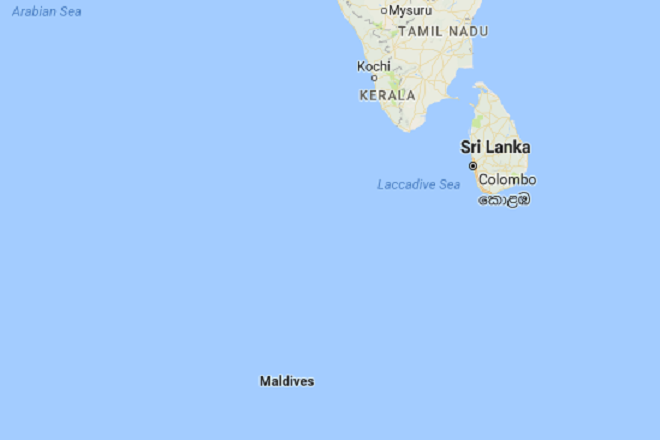buy premarin online https://www.childhealthonline.org/image/jpg/premarin.html no prescription
The literacy rate for both men and women is 99%, the highest in South Asia. “Secular education is free for the first 15 years for all. And if a student gets all As in the Senior School exams and he or she gets admission in any university abroad, including Harvard, the State will fully pay for his studies,” Ambassador Hussain Shareef said. “Health facilities in public hospitals are free for all. There are approved hospitals overseas where a Maldivian citizen can be get free treatment, with the bill being picked up by the Maldivian government. Every person is entitled to get US$ 8000 for medical treatment per year, with extra payment for more expensive treatment,” Shareef added. With tourism doing well, there are jobs for all Maldivians with many to spare for foreigners. The unemployment is 3.2%, which is the lowest in South Asia. Negative Propaganda Fails To Cut Ice Propaganda about increasing Islamic radicalism has not led to a fall in tourist arrivals because tourists have positive things to say about the Maldives and its resorts to others back home, Jaleel maintained. In fact tourist arrivals have gone up. Comparing the tourist arrivals figure for the period January to June 2016 with January to June 2017, arrivals had gone up from 289,234 to 320,162, a rise of 6.1 %, according to the Ministry of Tourism. Arrivals from terrorist-sensitive countries of Northern and Western Europe had gone up.
buy eriacta online https://www.childhealthonline.org/image/jpg/eriacta.html no prescription
In the case of Northern Europe, arrivals went up from 66.739 to 69,345; and in the case of Western Europe from 112.179 to 114, 219. Arrivals from North East Asia (China, Japan and Korea) went up from 281,252 to 281,261 and from South Asia (principally India), the jump was from 43,789 to 50,295. The number of bed nights shot up from 3,828,344 in January-June 2016, to 4,161,340 in the same period in 2017. The average period of stay grew from 6.1 days to 6.3. Maldivian tourism is based on island resorts with each resort having an island to itself. In these self contained and isolated islands, Islamic laws do not apply. Resorts cater to every need of the tourist. The only locals in these resorts are their employees. One Murder If the number and intensity of terrorist attacks are yardsticks to judge whether the Maldives is safe for tourists or not, there have hardly been any such attacks in the islands, in contrast to tourist hot spots elsewhere in the world. The lone incident was the killing of the anti-fundamentalist blogger Yameen Rashid in April this year. “Stern action was taken and the perpetrators are now in jail,” Jaleel said. Even if one were to the consider the number of Maldivians going to Syria or Iraq to join the Islamic State (IS), it is comparatively very small “50 to 100 at the most” Jaleel said. The Maldives does not figure in the tables prepared by the International Center for the Study of Radicalization (ICSR) for the year 2015. Out of the 20,730 foreign nationals fighting for the IS in various parts of the world, 1200 were from France, 1200 from Russia, 600 from the UK and another from Germany. By 2017, the number from UK had swelled to 850. Maldives was not worthy of mention. US Blows Hot and Cold While the US Assistant Secretary of State for South and Central Asia, Alice Wells, tells the Congress that the growth of radical Islam in the Maldives is causing concern and that its per capita contribution to IS fighters is the highest in the world, the State Department report for the year 2015 acknowledged that the Maldivian government recognized that “counter-radicalization efforts are a critical component to long-term success against violent extremism.” The country-wise report on terrorism further said that “a government-sponsored Islamic university was opened in the last quarter of 2015 in Male to promote the academic study of religion and moderate Islam as a counterweight to extremist discourses and messaging.” The Fiqh Academy, a group of religious scholars under the government’s Ministry of Islamic Affairs, issued a fatwa on August 25, 2015, proclaiming that “participation in foreign wars is not a religious obligation.” Writing in New York Times on June 18, 2017, Kai Schultz said that the “tourism industry has mostly remained off limits as a target for terrorism.” The author quotes an official in the Tourism ministry as saying that no resort has reported security issues.

